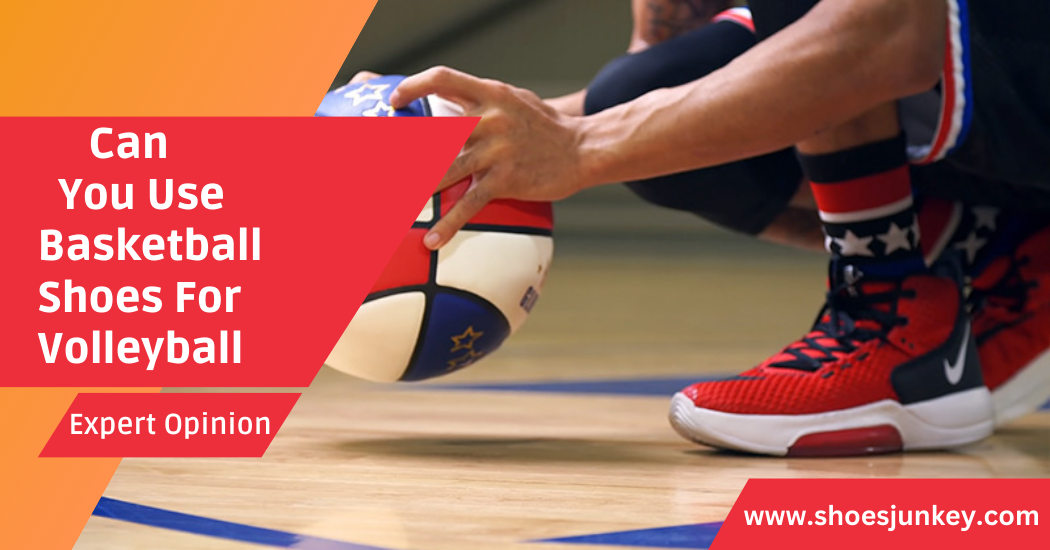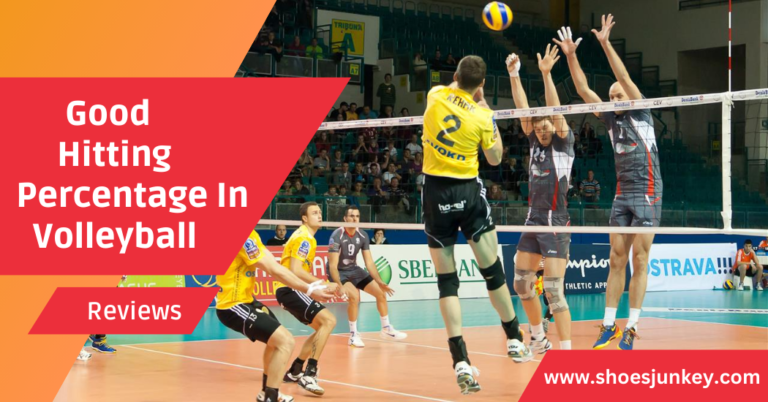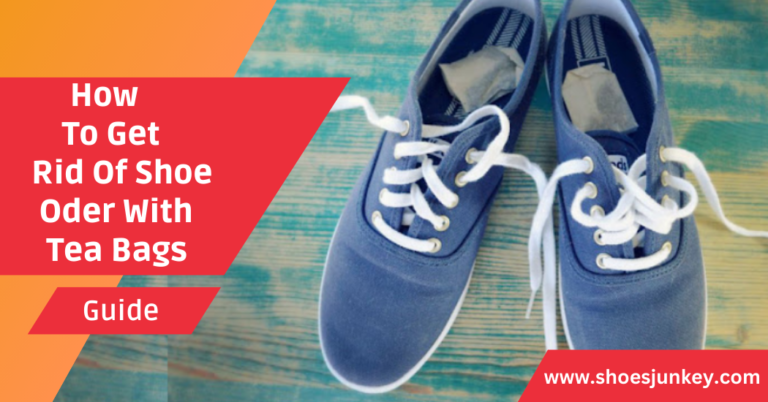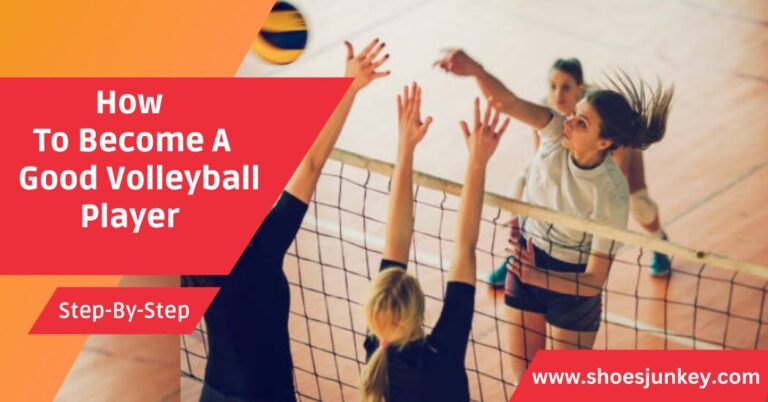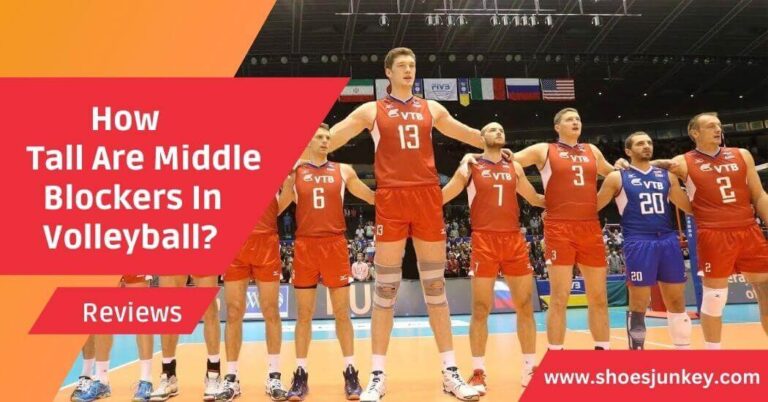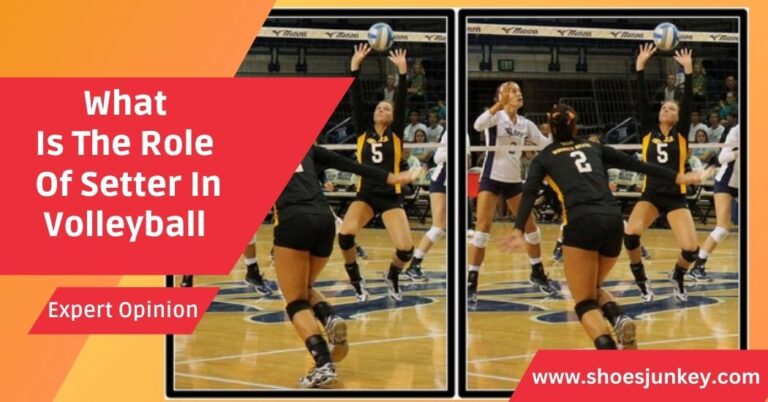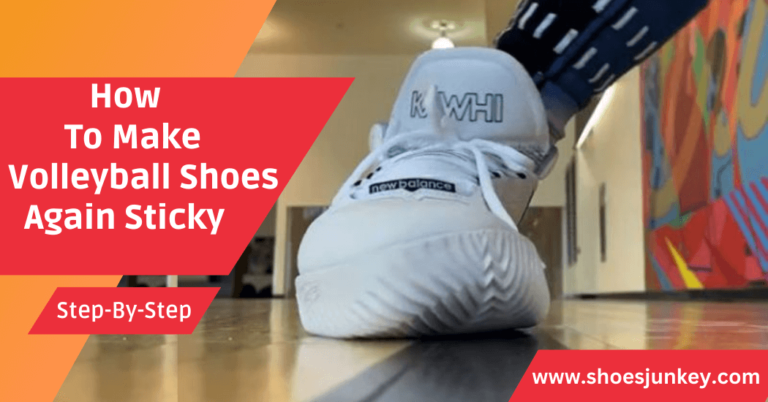Can You Use Basketball Shoes For Volleyball?
When it comes to sports, having the right footwear is essential for both performance and injury prevention. This is especially true in activities like basketball and volleyball, which involve frequent, high-intensity movements. But can a specific type or brand of basketball shoes be used for playing volleyball?
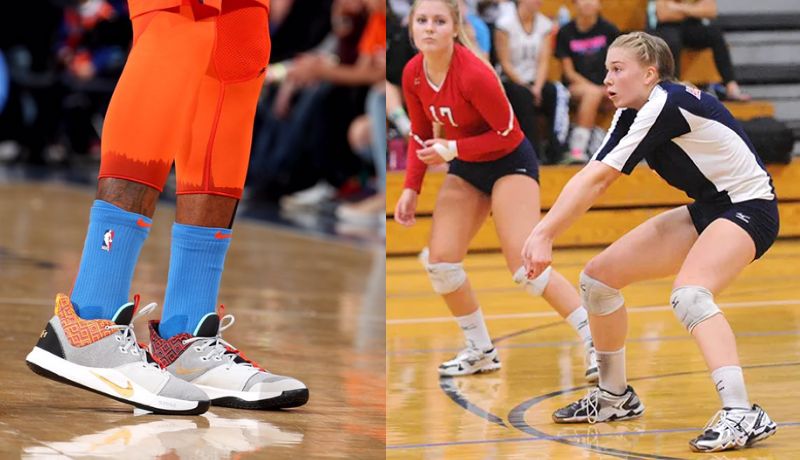
In this article, we’ll explore the key differences between basketball and volleyball shoes, the pros and cons of using basketball shoes for volleyball and the potential risks associated with doing so. Let’s dive in!
Can you use basketball shoes for volleyball?
Technically, you can use basketball shoes for volleyball, but it’s not always recommended. While both sports involve high jumps, quick lateral movements and fast-paced action, the design specifics in basketball and volleyball shoes differ to cater to the unique demands of each sport.
Basketball shoes are typically more cushioned and provide ankle support to prevent injuries during jumps and landings, which is beneficial for volleyball players as well. However, volleyball shoes are lighter, facilitating swift movements and have a gum rubber sole for better grip on indoor courts. Using basketball shoes for volleyball might result in less grip, which can increase the risk of slipping and potential injuries. Therefore, it’s generally advisable to use sport-specific shoes designed to enhance performance and reduce injury risks.
Differences Between Basketball and Volleyball Shoes
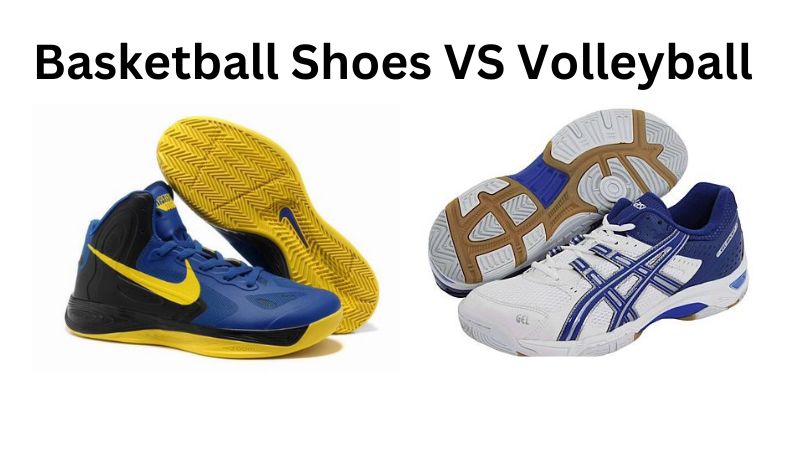
| Aspect | Basketball Shoes | Volleyball Shoes |
| Design | Basketball shoes are generally high-tops, designed to provide ankle support to prevent injuries during jumps and sudden turns. | Volleyball shoes are typically low-tops, allowing for greater agility and speed on the court. |
| Sole | The soles of basketball shoes are designed for optimal traction on smooth, wooden surfaces. They are also thicker for shock absorption. | Volleyball shoes have gum soles for better grip on indoor courts. The soles are softer and lighter to facilitate quick movements. |
| Cushioning | Basketball shoes come with robust cushioning, especially in the heel and forefoot, to absorb impact during jumps and running. | Volleyball shoes have less cushioning as players mostly stay on their toes, requiring more flexibility than cushioning. |
| Weight | Basketball shoes tend to be heavier due to added cushioning and ankle support. | Volleyball shoes are lightweight to enable quick, agile movements. |
| Flexibility | Basketball shoes are less flexible due to their design, prioritizing support and stability. | Volleyball shoes are more flexible to allow for a wider range of foot movements. |
| Durability | Basketball shoes are built to withstand outdoor use and are generally more durable. | Volleyball shoes are designed specifically for indoor use and might wear out faster if used outdoors. |
| Breathability | Basketball shoes often have less breathability due to their high-top design. | Volleyball shoes often prioritize breathability to keep the foot cool during long matches. |
The potential risks of using basketball shoes for volleyball
Despite the similarities between basketball and volleyball, using basketball shoes for volleyball can pose several potential risks.
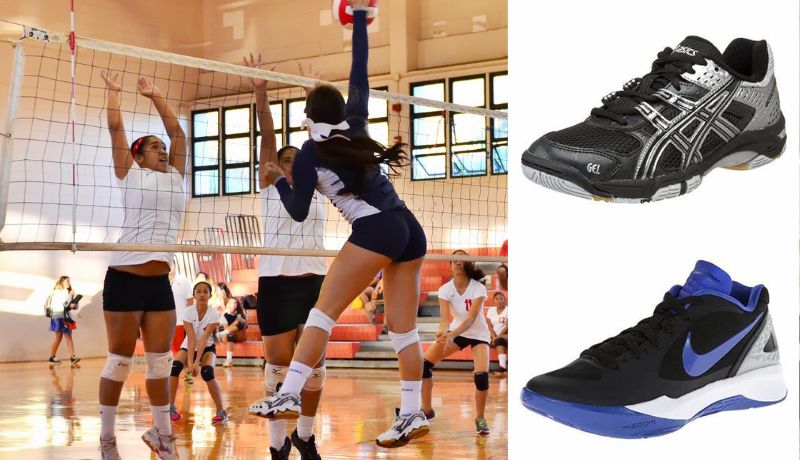
- Firstly, basketball shoes are generally heavier, which can hinder the fast, agile movements essential in volleyball. The reduced flexibility of basketball shoes can also limit the range of foot movements, potentially affecting performance.
- Second, the high-top design of basketball shoes, while providing ankle support, may not offer the same degree of agility as low-top volleyball shoes.
- Lastly, basketball shoes typically have less breathability which can lead to discomfort and overheating during lengthy volleyball matches. It’s also worth noting that using basketball shoes on volleyball courts could cause damage to the court surface due to their harder soles. Therefore, it is generally recommended to use footwear designed specifically for the sport you’re playing to avoid these potential risks.
Basketball Shoes: Pros and Cons for Volleyball
Pros
- Ankle support and injury prevention
- Durability for rigorous movements
- Crossover use for casual settings
Cons
- Heavier weight affecting agility
- Traction patterns unsuitable for volleyball courts
- Reduced responsiveness during jumps
Volleyball Shoes: Pros and Cons for Basketball
Pros
- Lightweight design for quick movements
- Optimal traction on indoor surfaces
- Enhanced shock absorption for jumps
Cons
- Limited ankle support
- Potential wear and tear during aggressive basketball play
- Less versatility outside the volleyball court
Expert Opinions and Recommendations
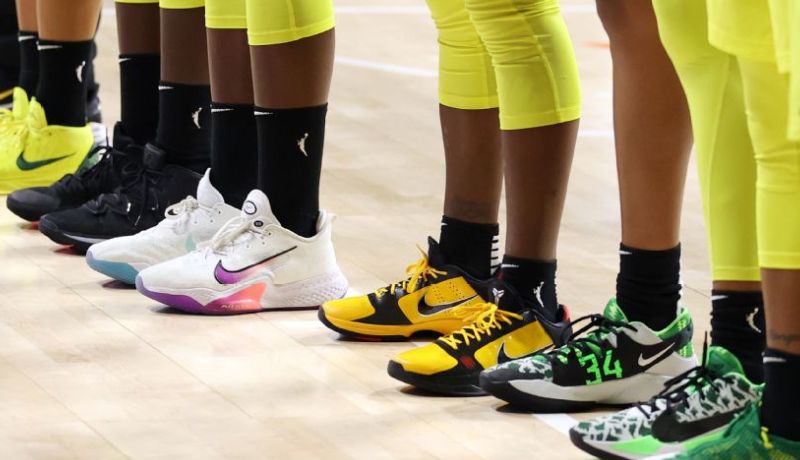
- Expert Opinion 1: Dr. John Whitfield, a sports podiatrist, advises against using basketball shoes for volleyball. He explains that the specific design features of each type of shoe cater to the unique requirements of their respective sports and using them interchangeably may increase the risk of injury and hamper performance.
- Expert Opinion 2: Angela Smith, a professional volleyball coach, believes that using the right equipment, including shoes, is crucial for optimal play and safety. She discourages players from using basketball shoes for volleyball, citing the potential damage to court surfaces and the shoes’ unsuitability for volleyball’s typical movements.
- Expert Opinion 3: Sports physiotherapist, Mike Anderson, cautions that the heavier weight and reduced flexibility of basketball shoes can affect agility and speed in volleyball. He encourages athletes to invest in sport-specific footwear to ensure safety and enhance performance.
Recommendations from Experts
- Recommendation 1: For athletes who participate in both basketball and volleyball, it would be best to invest in separate pairs of shoes for each sport. This not only ensures optimal performance but also reduces wear and tear, potentially making each pair last longer.
- Recommendation 2: Athletes should try on volleyball and basketball shoes in-store before purchasing. This allows them to feel the differences in design, weight and flexibility firsthand and make an informed decision.
- Recommendation 3: Consult with a sports podiatrist or physiotherapist for personalized advice on the best footwear for your specific needs. They can take into account factors such as your gait, foot shape and any existing injuries or conditions to recommend the most suitable shoes.
Summing up:
It’s important to ask yourself this question: what kind of shoes are best for me and my activities? Every sport is different and requires its own unique type of shoe depending on the demands of the game. While basketball shoes can be used for volleyball, they are generally not recommended, as their design does not typically meet the needs of a volleyball player.
They may provide some cushioning or arch support that could prove beneficial in a volleyball court, but ultimately it is up to you to determine if using them is the best option for you. Be sure to speak with your coach and other experienced players so you can make an informed decision before diving into any sport. Whatever sport you choose to take part in, always remember to stay flexible and use the right type of shoes!

